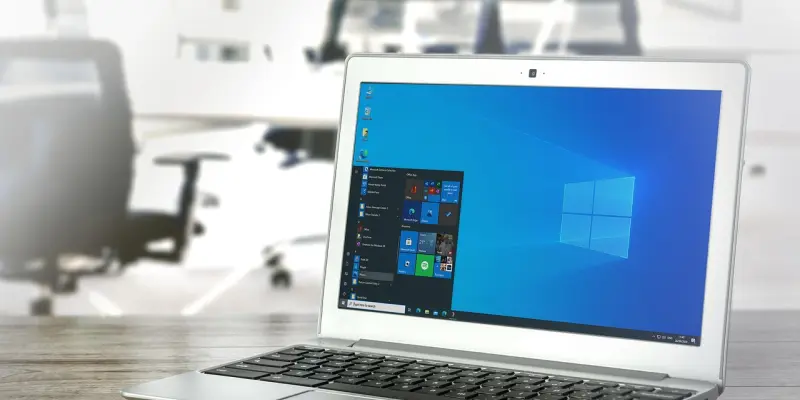In a digital landscape where the race for the latest software often takes precedence, it is noteworthy to see a resurgence of interest in past design elements. An intriguing development in this realm is Windows 7 Reloaded, which has emerged as a response to user dissatisfaction with Windows 11’s revamped interface. Windows 11 brought notable changes, including a centered taskbar and Start menu, designed to offer a cleaner, more modern look. However, these changes did not sit well with a portion of the user base accustomed to the traditional Windows experience. For these users, the simplicity and stability of the Windows 7 layout remain unparalleled. Windows 7 Reloaded caters to this demographic by providing a customizable theme that seeks to bring back the cherished aesthetics of Windows 7, even as Microsoft officially stopped supporting it several years ago. As the tech landscape evolves, the enduring popularity of such themes highlights a deep-seated preference for familiarity over the latest innovations.
The Allure of Nostalgia in Tech
Windows 7 Reloaded’s appeal lies not only in its nostalgia but also in its ability to resonate with users who have grown weary of frequent changes. The user interface of Windows 7 is known for its straightforward design and efficiency, aspects that had cultivated a dedicated following before its official support ended. In contrast, the transformative design of Windows 11, although sleek and modern, appears to have left some users yearning for the functionality they grew to love. By aligning the taskbar to the side and restoring certain visual cues from Windows 7, Windows 7 Reloaded serves as a bridge for those not ready to fully embrace the new Windows 11 design language. Its user-friendly installation process and straightforward uninstallation underscore its spirit of adaptability, offering users the freedom to explore upgraded interfaces while having the choice to revert to a trusted, familiar setup when desired.
Future Considerations for User-Centric Design
As the technology sector moves forward, the Windows 7 Reloaded theme raises meaningful questions about the future of user-centric design. The substantial interest in a throwback theme indicates a crucial aspect of technology adoption: while progress is vital, consideration must be given to user preferences and the familiar experiences that endear software to its audience. The theme’s success illuminates the challenge faced by tech companies: balancing innovation with the preservation of beloved features. Tailoring updates that allow personalization could offer a balanced approach. Looking ahead, software developers might find value in incorporating nostalgic elements into modern designs. This approach would not only nurture loyalty but also respect the diverse user base within the technological ecosystem. Ultimately, the demand for such themes suggests that while users may appreciate modern updates, they still hold an affinity for the classic elements that made their earlier computing experiences so delightful.

